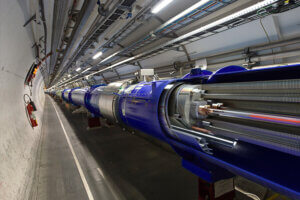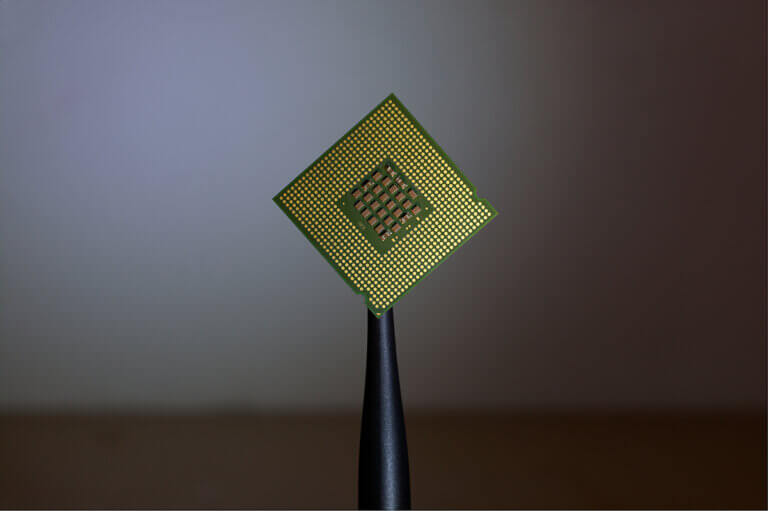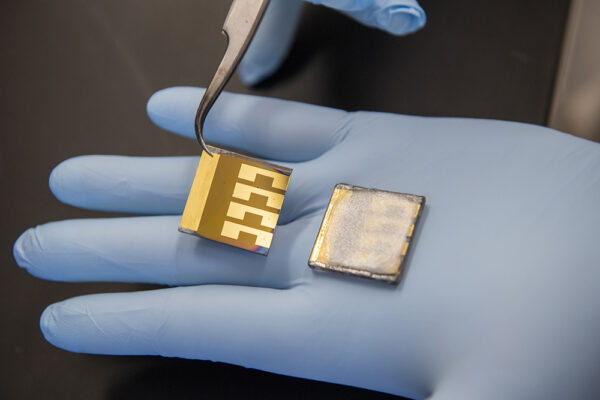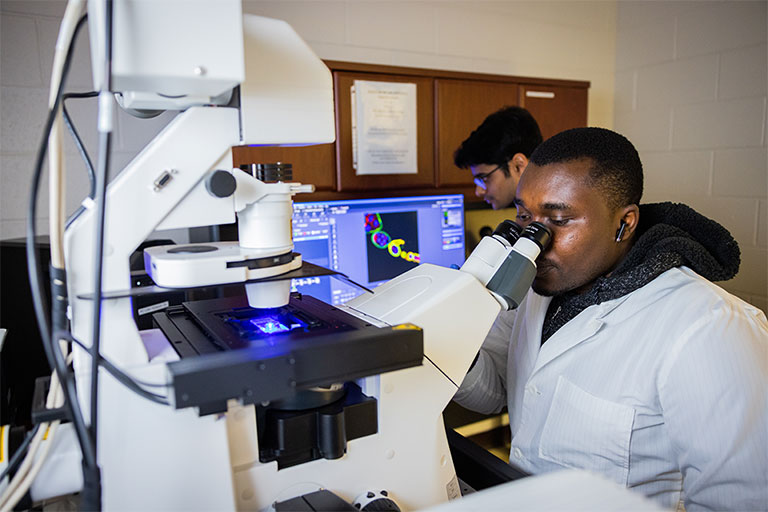High Impact Areas
NIU research addresses complex, real-world challenges head-on with transdisciplinary, forward-thinking research. Our efforts run the gamut from investigating and mitigating climate change, to finding ways to produce cleaner energy, to unraveling the mysteries of our universe.
Areas of focus and impact include:
Climate Science

Accelerator and High Energy Physics

Nanoscience and Materials Science

Chemistry and Biochemistry

Related links:
Department of Chemistry and Biochemistry
The Environment, Sustainability and Energy

Southeast Asian Studies

STEM Education

Collaboration is key for NIU’s STEM education researchers, who study such diverse topics as faculty perceptions of teaching practices, culturally relevant pedagogy, spatial and diagrammatic reasoning, mathematical reasoning, science communication, and the factors affecting persistence in STEM. STEM education researchers employ a range of methodologies, from complex statistical models to nuanced qualitative case studies. Many projects involve faculty from multiple colleges partnering to bring their expertise to address transdisciplinary challenges. Current studies include the role of social support on sense of belonging in science, teaching assistants’ perceptions of implementing culturally responsive pedagogies, K-12 teachers’ use of mathematical pedagogies, university students’ reasoning about groundwater, and mathematics majors conceptual understanding of sameness in advanced algebra.
Other Areas of Strength

Photo by Clayton Cardinalli on Unsplash